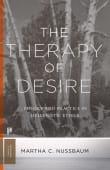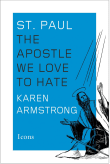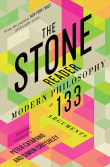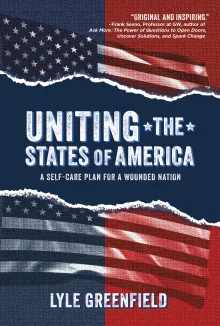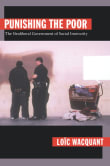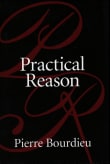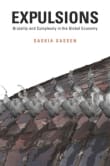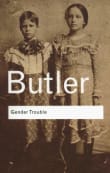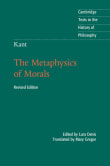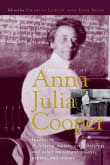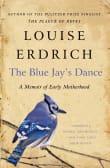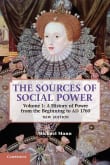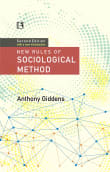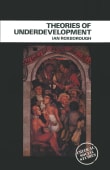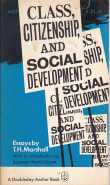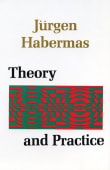The Human Condition
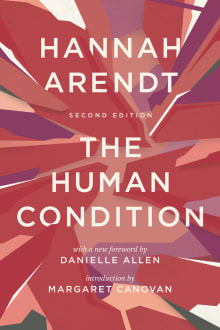
Book description
The past year has seen a resurgence of interest in the political thinker Hannah Arendt, "the theorist of beginnings," whose work probes the logics underlying unexpected transformations-from totalitarianism to revolution.
A work of striking originality, The Human Condition is in many respects more relevant now than when it first appeared…
Why read it?
4 authors picked The Human Condition as one of their favorite books. Why do they recommend it?

First published in 1958, this is one of Hannah Arendt’s most influential books and in it she attempts to define the human condition in the aftermath of World War II, developing her concept “natality.”
It’s a challenging book that I’ve wrestled with and argued with and never forgotten. It includes some of her most powerful and frequently cited passages about birth. Lately, I’ve been returning to its opening pages, in which she discusses the launch of Sputnik into space.
She saw this launch not as an exciting technological breakthrough, but as a fateful repudiation of our earthly existence, an existence…
From Jennifer's list on birth, one of our greatest underexplored subjects.

I am very much in (philosophical) love with Hannah Arendt, in whose texts I find a safe home to think about the modern world, alienation, breaking boundaries, and owning what you are all about.
One of my favorite Arendt books is The Human Condition. Like all her works, it is a tremendous theoretical resource for thinking about how to write about difficult topics and how to engage with the work of others generously, even if also (sometimes) critically. Her writing radiates a love for humanity despite the fact that, in so many regards, we are not a very likable…
From Helga's list on sex, love, and gender.

Hannah Arendt is one of the most original thinkers of the twentieth century. I love her ability to weave together continental philosophy, in which she was trained, with the dilemmas of the modern world. Arendt grapples with the origins of our actions, which belong to us but also precede us, as we are all embedded in the march of history. This is fundamentally a critique of both liberalism and neoliberalism, which celebrate the individual at the expense of the relational. Arendt makes the case for why humans can only express their ‘who-ness’—their identity and humanity—by participating in the…
From Jacqueline's list on how neoliberalism f*&ks up democracy.
If you love The Human Condition...

This book is not about the Stoics per se, but addresses the distinction between the public and private sphere, as it was understood by the ancient Greeks. In this respect, Arendt is addressing political concerns deep at the heart of Stoic philosophy: what does it mean to be a citizen? When and where am I a citizen? How essential is politics to the life of a human being?
From Firmin's list on stoic themes, influence and inspiration.
If you love The Human Condition...
Want books like The Human Condition?
Our community of 12,000+ authors has personally recommended 100 books like The Human Condition.


